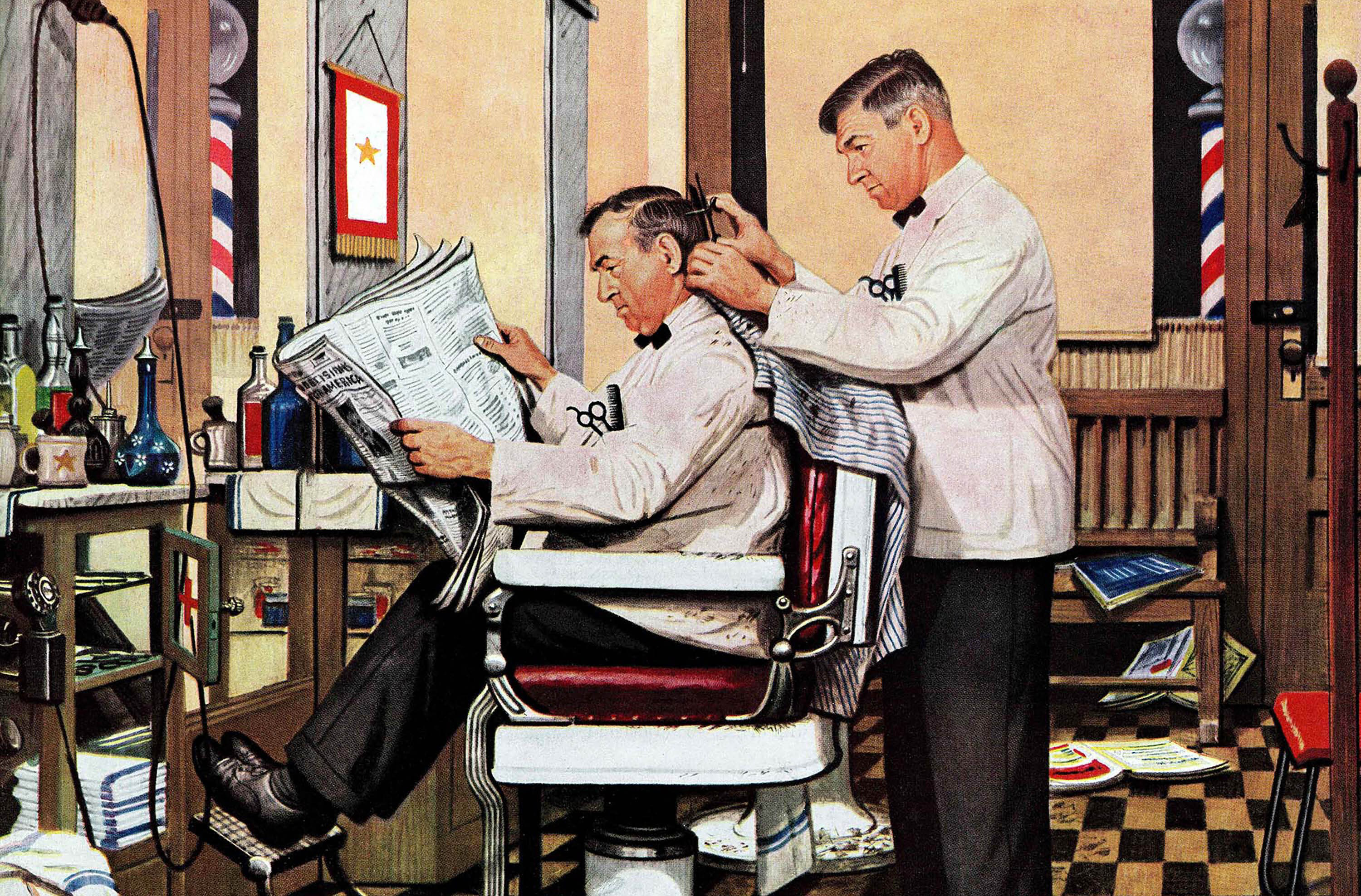Have you heard this song come a-knock on your door? It’s like sonar, baby.
Even without the melody, everybody knows this song from the rhythm alone. How many songs are identifiable as such, that you can play it on a door without pitch or timbre or nothing? Probably just this, William Tell Overture, “Immigrant Song”, Bo Diddley, “Scentless Apprentice,” and “S-A-T-U-R-D-A-Y NIGHT!” Ok, maybe there’s a lot of songs you can play on a door.
The knock knock song above, known as “Shave and a Haircut”, originated in the Vaudeville Era, and has since been popularized as a cheeky cliché coda. You can hear it in car horns, used in Morse code, and Looney Tunes cartoons. You can hear it on your door and in many different genres as a musical joke.
Listen to Arnie Grape sing an old folk version of the song, the nursery rhyme “Match In The Gas Tank.”
The 7-note Major variation is the original and can be heard below with the original lyrics.
The Major Six is nice, but it doesn’t quite have the same comedic value as the 8-note Minor variation.
This one can be heard at the end of The Tonight Show Theme. It probably originates somewhere in Jazz. An earlier example can be heard in “Officer Krupke” from West Side Story.
The chromatic blue notes of the triplet—F#, G, Ab—can be found in the exotic Hungarian Minor scale. The bluesy turnaround and the Minor Sixth make the melody sound a lot sillier, especially when used in a Major tonality. A quaint picardy thrown in for joke.
American POWs during the Vietnam War used this call and answer knock to identify other Americans through prison walls. According to Senator John McCain:
John explained that the “Shave and a haircut” rhythm was the call-up signal for a tap code the prisoners were using. The “two bits” was the go ahead. Since he could use his cup on the wall there was no need to tap, but he would teach me the tap code anyway. A solid thump was a danger signal and meant get away from the wall. Even though we had voice communications I started practicing the tap code.
So there you have it, not only did a simple barbershop call-and-answer become the most popular knock of the 20th century, but also a Shibboleth of Democracy on the Door of Freedom—it literally saved men’s lives. Certainly, no one was ever tortured to “Two Bits” in a CIA black site in Jordan.
But can such a melody ever be taken seriously again?




